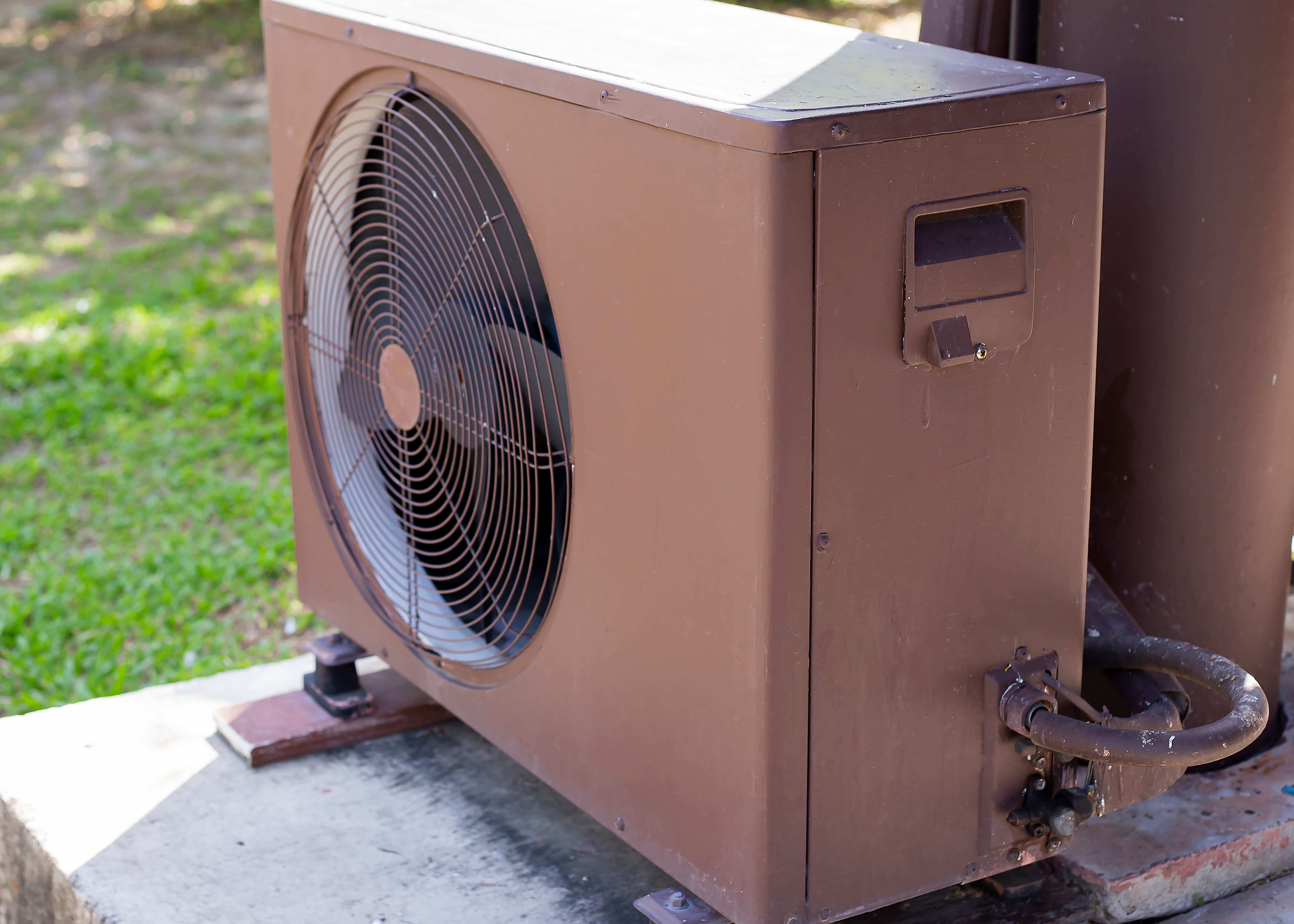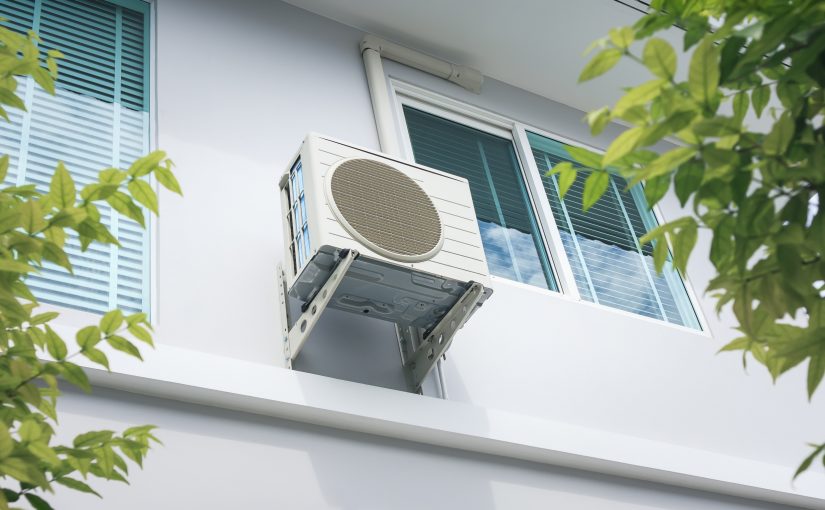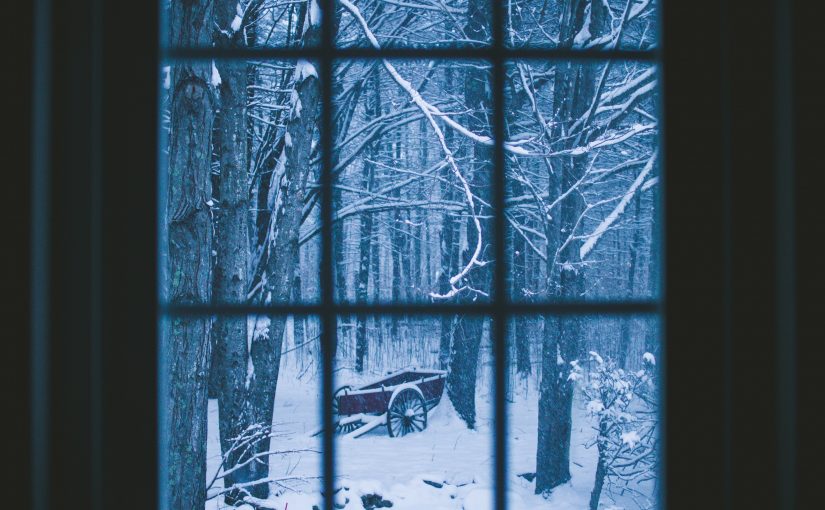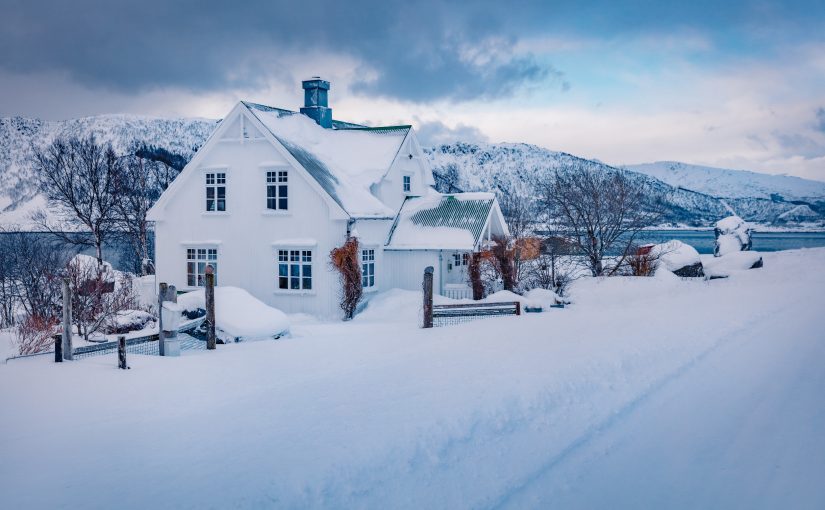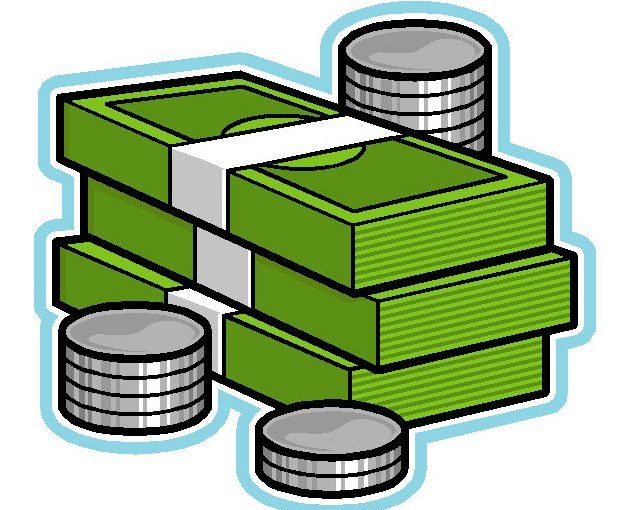Recently there have been surges of strong winds in the Olympia area, and these gusts can have unseen effects on your HVAC system and the quality of the air in your home.
Physical Damage
High speed winds can cause physical damage to your HVAC system. The wind itself can sometimes loosen parts of the system, but more dangerously objects and debris picked up by the wind can be thrown into your HVAC unit and cause more severe damage. While placement of the outdoor unit, quality of the system, and other factors can minimize this damage risk, it is still recommended that you examine your HVAC system for signs of damage or lodged debris after a period of heavy winds. If you notice anything abnormal, or if the system starts performing inconsistently, noisily, or not at all, contact the experts at Air Handlers for a service appointment.
Air Quality
When we have high winds, dirt, leaves, and other particulates can gather inside your HVAC unit or be blow inside your home. When your unit turns on, this accumulated dirt can be blown throughout your house, significantly impacting the air quality of your home. While maintaining a proper filter replacement schedule can help with some of this, heavy accumulations typically require more in-depth cleanings to remove.
Dust and Allergies
When winds blow dust and dirt inside our homes, that dust can be picked up and moved around by the HVAC system, causing the decrease in air quality already mentioned, but also causing a buildup of dust on your furniture and the rest of your home. This dust can wreak havoc on allergies, causing allergy symptoms to flare up and sometimes negatively affect your health. The best way to combat this in the short term is to regularly dust and vacuum your home, though in the long run this accumulation may build up within your vents and be harder to remove. Contact Air Handlers if you feel you may need your vents inspected and cleaned!

